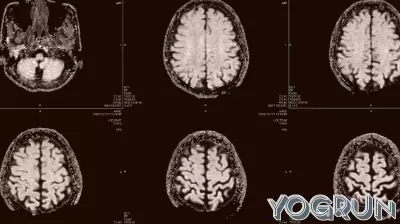Seven Essential Questions for Comprehensive Sexual Health
July 14, 2025 - 09:22

A recent update to the Sexual Health Assessment and Diagnosis Initiative (SADI) highlights the importance of a friendly and nonjudgmental approach when discussing sexual health. This update introduces seven key questions designed to help healthcare providers capture a complete sexual health history from their patients.
These questions aim to create a safe space where individuals feel comfortable discussing sensitive topics related to their sexual well-being. By addressing aspects such as sexual orientation, practices, and concerns, healthcare providers can better understand their patients' needs and offer tailored advice or treatment options.
The initiative underscores that open communication is crucial in promoting overall health and well-being. By encouraging patients to engage in conversations about their sexual health, the healthcare community can work towards reducing stigma and improving access to necessary resources. This proactive approach not only empowers individuals but also fosters better health outcomes in the long run.
MORE NEWS

March 5, 2026 - 05:50
Healthcare Is AI’s Hardest TestThe true frontier for artificial intelligence is not in proving its technical capability, but in mastering the critical judgment of when to deploy it. This nuanced challenge is at the heart of...

March 4, 2026 - 11:43
Health Policy Watch: US speeds up signing of bilateral health agreementsThe United States is rapidly expanding its network of international health agreements, having now signed two dozen bilateral memoranda of understanding (MOUs) with nations across the globe. This...

March 3, 2026 - 22:56
Parents Are Spending Big to Optimize Their Babies’ MicrobiomesA growing number of parents are investing significant sums into optimizing their infants` gut microbiomes, driven by promises of improved long-term health and immunity. This emerging trend sees...

March 3, 2026 - 07:04
House unanimously passes bill to improve access to subacute mental health careIn a rare display of bipartisan unity, lawmakers have unanimously passed sweeping legislation designed to significantly improve access to subacute mental health care services. The bill specifically...